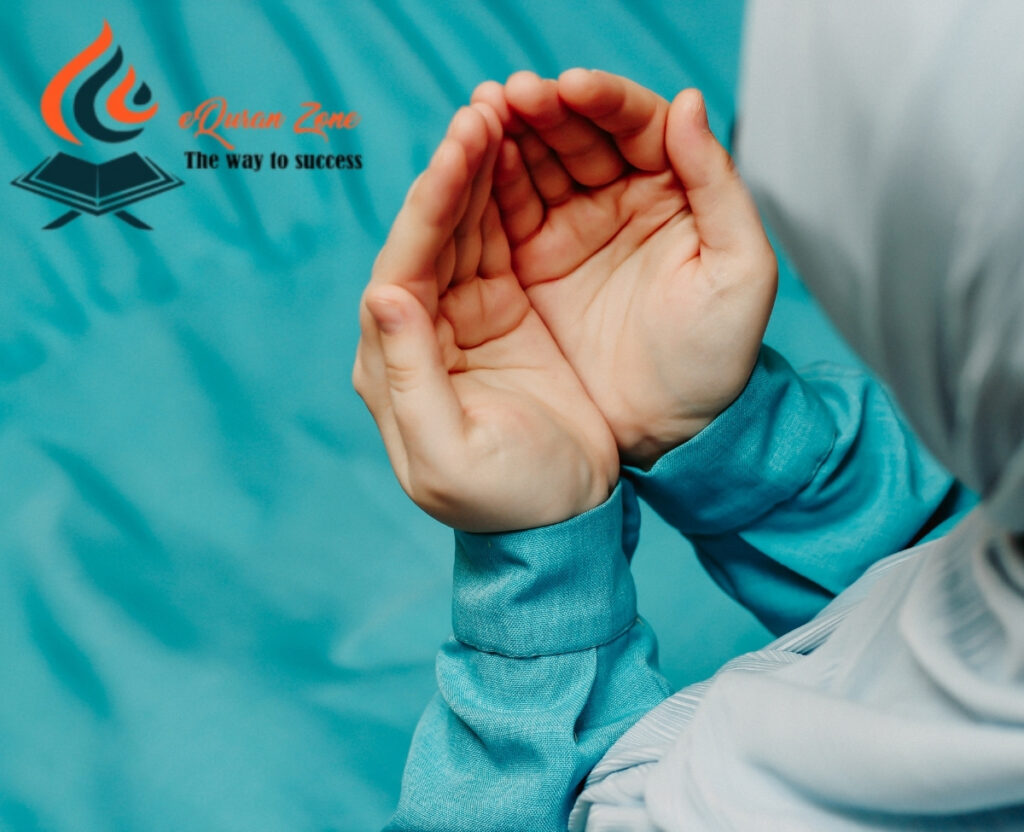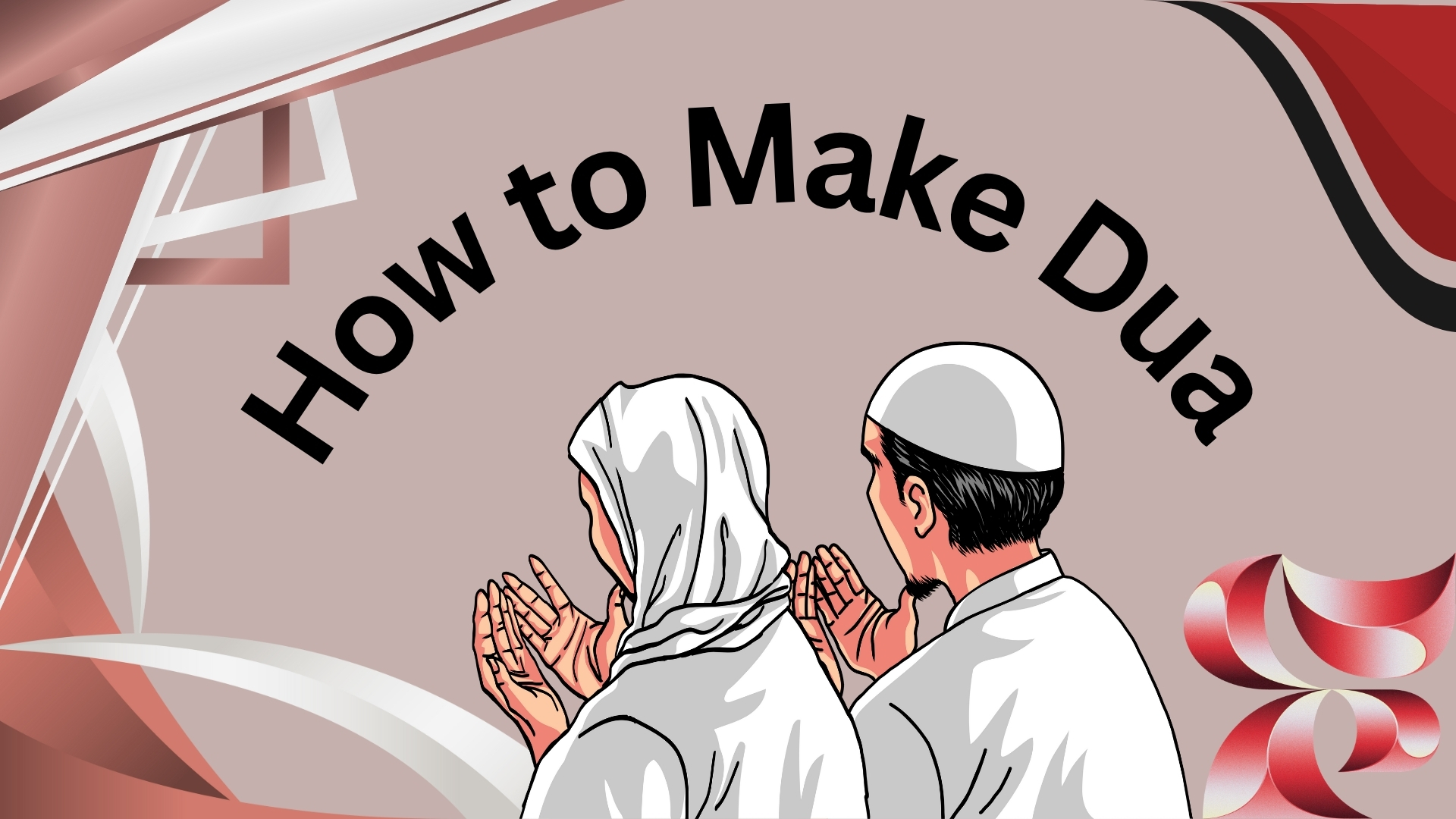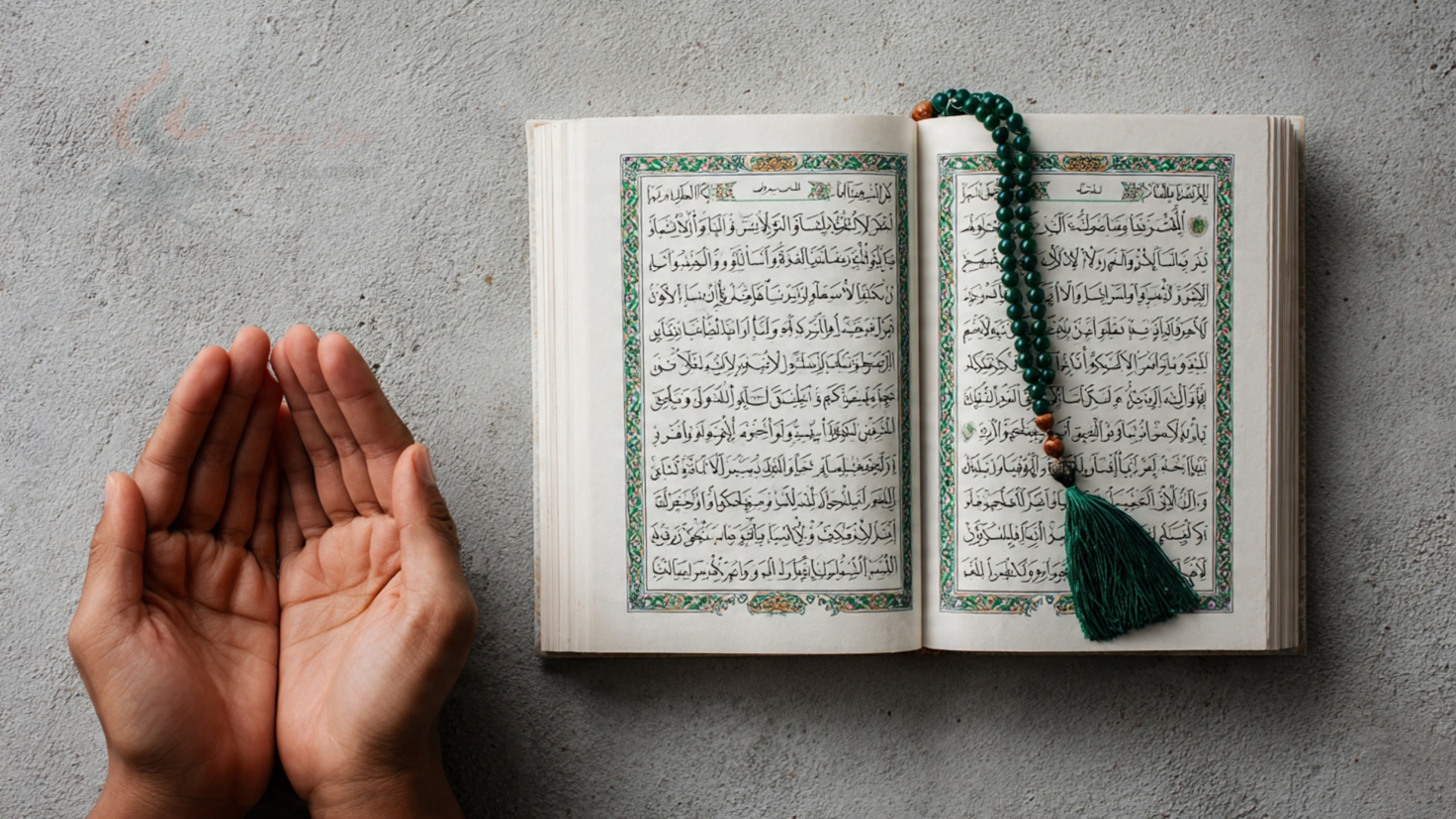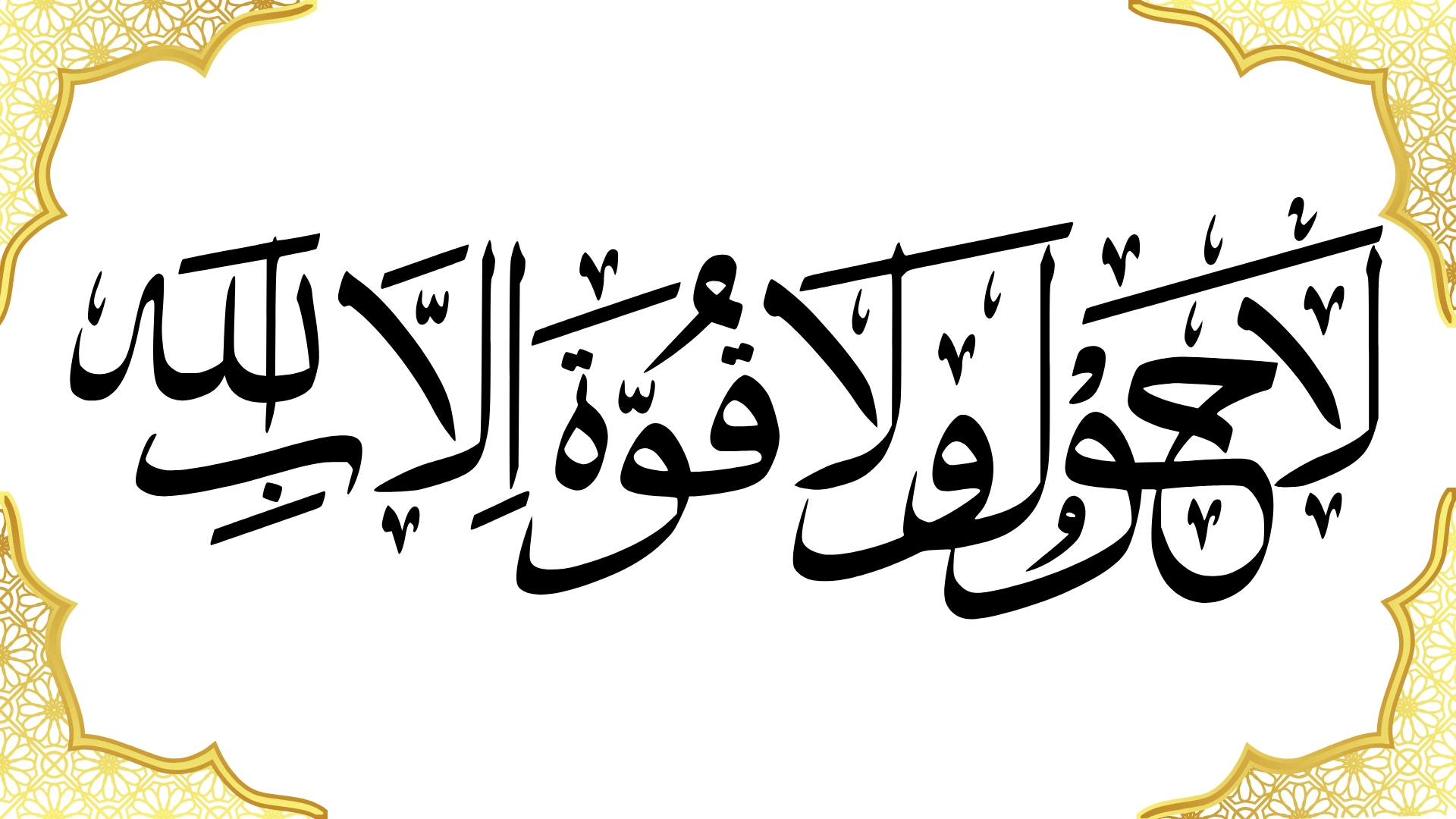How to Make Dua?: Making dua connects a believer directly with Allah. It is a heartfelt conversation where people ask, thank, or seek forgiveness from their Creator. Dua brings peace, hope, and a sense of closeness to Allah.
Scholars emphasize the significance of dua in Islamic worship. Many hadiths highlight how Allah loves when His servants make dua. Some teachings explain that Allah answers in ways that benefit the believer, even if the response isn’t immediate.
Consistency and sincerity are key elements in making dua effective. His beautiful names. Conclude with gratitude and salawat on the Prophet (PBUH). These steps enrich the spiritual connection and emphasize humility before Allah. Always remember, with dua, the heart finds strength and hope. This guide will outline each aspect of making dua, ensuring it remains impactful, sincere, and rooted in tradition.
How to Make Dua: A Step-by-Step Guide to Preparation
1. Perform Wudu
Before supplication, purify yourself through wudu. Though not obligatory for dua, it sets a spiritual tone, as the Prophet Muhammad (PBUH) often maintained physical cleanliness when engaging in worship.
- Wash your face, hands, and feet with intention.
- Remain mindful of the symbolic purity you’re undertaking.
2. Face the Qiblah
Facing the Qiblah, the direction of the Kaaba, is not mandatory but demonstrates dedication to following the Prophet’s (PBUH) sunnah. It helps you align your physical posture with your intent to connect with Allah.
3. Raise Your Hands
The act of raising hands symbolizes humility. The Prophet (PBUH) stated, “Your Lord is shy and Most Generous; He feels shy when His servant raises his hands to Him, to turn them away empty.” This gesture reinforces the acknowledgment of Allah as the ultimate grantor.

How to Make Dua: Essential Etiquettes for Acceptance
Following proper etiquette enhances the sincerity and acceptance of your dua.
Start with Praise and Salawat
Begin by praising Allah using His beautiful names (e.g., Al-Rahman, Al-Raheem). Continue by sending blessings (salawat) upon the Prophet Muhammad (PBUH). This aligns your dua with the teachings of the Qur’an and Hadith.
Invoke Allah’s Beautiful Names
Allah’s 99 names carry profound meanings. Use names that match your request. For example, say Ya Razzaq when asking for provision, Ya Shafi for healing, or Ya Ghafur when seeking forgiveness.
Be Specific in Your Requests
Clarity in your dua demonstrates trust. Avoid vague requests; instead, specify what you seek, whether it’s health, guidance, or personal aspirations.
How to Make Dua: What to Include in Your Supplication
Knowing the essential elements of a dua strengthens its impact.
Praise Allah
Acknowledging Allah’s greatness at the start and during your dua solidifies your faith. Praise can be as simple as saying Alhamdulillah or reciting phrases taught by the Prophet (PBUH).
Seek Forgiveness
Before asking for desires, request Allah’s mercy for your sins. Reciting Astaghfirullah or “Ya Allah, forgive my past mistakes and guide my heart” clears your conscience.
Pray for Others
The Prophet (PBUH) encouraged making dua for others, stating, “No Muslim prays for his brother behind his back but the angel says, ‘And same for you.’” Whether for family or strangers, this creates communal goodwill.
How to Make Dua: Tips to Strengthen Your Connection with Allah
A strong connection amplifies the sincerity of each dua.
- Cultivate Patience: Understand that Allah answers in His time and wisdom. The Prophet (PBUH) said, “The servant’s supplications will be answered provided he does not hurry.”
- Be Persistent: Repeat your requests without becoming weary. Regular dua builds spiritual discipline.
- Trust Allah’s Plan: Even unanswered duas carry blessings, either in averting harm or rewarding you in the Hereafter.
How to Make Dua: Common Mistakes to Avoid
Avoiding these errors increases the chances of answered supplications.
- Rushing the Dua: Taking your time shows sincerity.
- Arrogance: Never demand; always remain humble.
- Neglecting Gratitude: Always reflect on past blessings before making new requests.
- Unlawful Requests: Ensure your dua aligns with Islamic principles.
How to Make Dua: The Best Times and Places for Supplication
Timing greatly influences the acceptance of dua. Emphasize these moments for sincere prayers:
- During Sujood, The Prophet (PBUH) taught, “The closest a servant gets to his Lord is while in prostration.”
- At Tahajjud: Late-night prayers offer a serene environment for deep supplication.
- Fridays: Look for Sa’at al-Istijabah (the accepted hour) during this day.
- During Rainfall: A prophetic tradition highlights the special nature of rain as a moment for dua.
How to Make Dua: Using Allah’s Names for Powerful Results
Allah’s names are not just titles but attributes of His power and mercy.
- For Mercy: Invoke Al-Rahman (The Most Merciful).
- For Strength: Call upon Al-Qadir (The All-Powerful).
- For Knowledge: Say Ya Al-Alim (The All-Knowing).
Reflecting on these names personalizes your dua, making it more heartfelt.
How to Make Dua: Concluding Your Supplication with Impact
The final moments determine the overall completeness of your dua.
End with Praise and Salawat
Conclude by once again praising Allah and sending salawat on the Prophet (PBUH). Doing so mirrors the dua etiquette outlined in Hadith.
Wipe Your Hands Over the Face
Though not mandatory, wiping your hands symbolizes gratitude and closure after asking from Allah.
A Comprehensive Guide for Beginners Making Dua
Learning to make dua is an essential life skill for Muslims. For beginners:
- Begin simply with short invocations like Astaghfirullah or Subhanallah if you feel overwhelmed.
- Practice consistency, even if your dua feels imperfect at first.
Strengthen Your Faith Through dua
Consistent dua is a gateway to spiritual growth. Through dua, believers anchor their lives in faith during times of uncertainty.
Conclusion
Dua embodies a personal connection between a believer and Allah. It is more than a request; it is a declaration of faith, trust, and humility. By adopting proper preparation, adhering to recommended etiquette, and avoiding common mistakes, you ensure your dua remains impactful. Most importantly, remember that Allah’s wisdom surpasses human understanding—trust in His timing and blessings.
Take each opportunity to make dua as a reminder that Allah is near, listening, and ready to respond. Whether in joy or struggle, never underestimate the power of sincere supplication. Cultivate gratitude, remain consistent, and tap into the spiritual strength dua offers.




